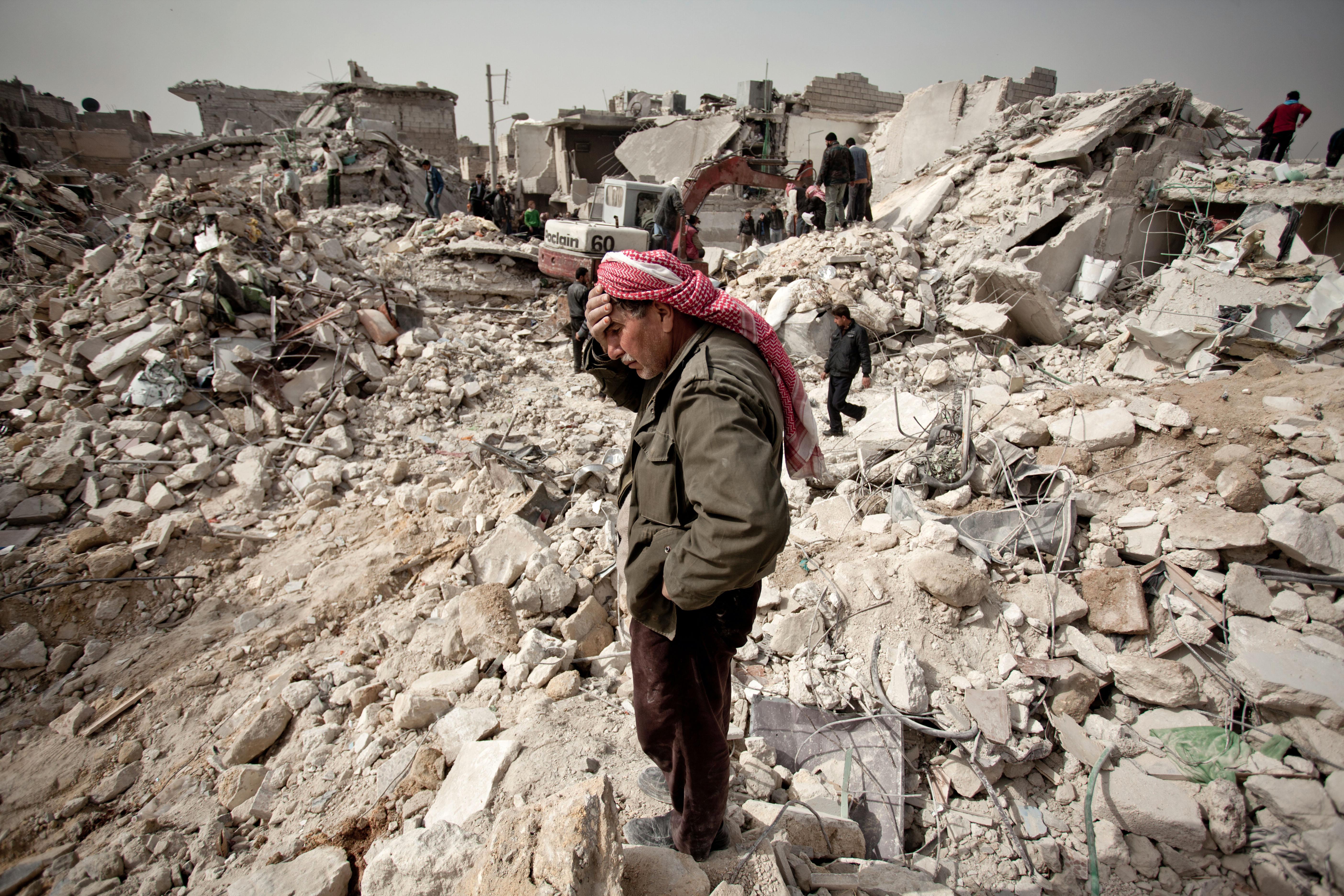This question originally appeared on Quora.
Answer by Elizabeth Baum:
This is an incredibly complicated question, and I think Samantha Power’s A Problem From Hell provides the most intelligent analysis of the difficulties of this situation.
My gut moral reaction is “yes.” If I, as an individual, have the ability to throw a life preserver to a drowning person, I have a moral obligation to do so. Likewise, if the U.S. (or preferably the U.S. in combination with the other major international powers acting collectively or acting through the United Nations) has the ability to prevent the systematic killing of an innocent group of civilians who are being systematically “cleansed” due to their ethnicity, religion, etc., we have a moral obligation to do so.
One problem is that often something is not recognized as a genocide until after the fact. To have prevented it, it would mean going in and killing at least a handful (probably more) of the people you suspect will carry out the genocide. Americans (including me) have little stomach for this kind of pre-emptive strike, which is often based on shaky intelligence. And you will never know—if you took action, did that action actually prevent a genocide? Or was the genocide never going to gain traction, in which case you just killed a bunch of people to prevent something that was never going to happen, thereby conflating a domestic situation based on U.S. “meddling,” and thus increasing the anti-U.S. sentiment and further complicating U.S. foreign policy strategy?
Another problem is at what point do you decide it’s a genocide: 100 people? 1,000? 100,000? The U.N. definition of genocide doesn’t put a number on it, but defines it based on the “intent to destroy, in whole or in part, a national, ethnical, racial, or religious group.” Presumably the group being targeted would be large enough to pose a threat to the genocidaires. But, nevertheless, does that mean 100 people who are targeted are less entitled to protection than if the targeted group has numbers in the thousands?
Yet another problem is among fighting ethnic groups, it’s often hard to tell which party will ultimately gain the upper hand and carry out an actual genocide. So it’s difficult to know where or how to intervene to prevent the ethnic cleansing of the losing group. The Holocaust, regrettably, provided a fairly straightforward example: In hindsight, it’s easy to look back and say that when Hitler was systematically trying to create a pure Aryan race by cleansing Germany of all Jews, gypsies, gays, etc., the U.S. should have entered the war earlier, the war would have ended earlier, and many Jewish lives would have been saved. However, look at the current situation in Syria (which I consider a genocide). How does the U.S. intervene there to prevent this? Remove Bashar al-Assad? Would that stop the bloodshed? Or would it create a power vacuum that would result in an even worse situation? There are so many different factions involved in that civil war it’s really hard to know what to do that would actually be helpful and stabilizing and not draw the U.S. into another protracted military engagement in the Middle East (which no one has the stomach for).
The best solution to to these complicated situations I’ve heard is Anne Marie Slaughter’s “responsibility to protect”: intervene only as necessary to stop innocent people from being killed, without taking political sides (easier said than done).
More questions on Quora:
